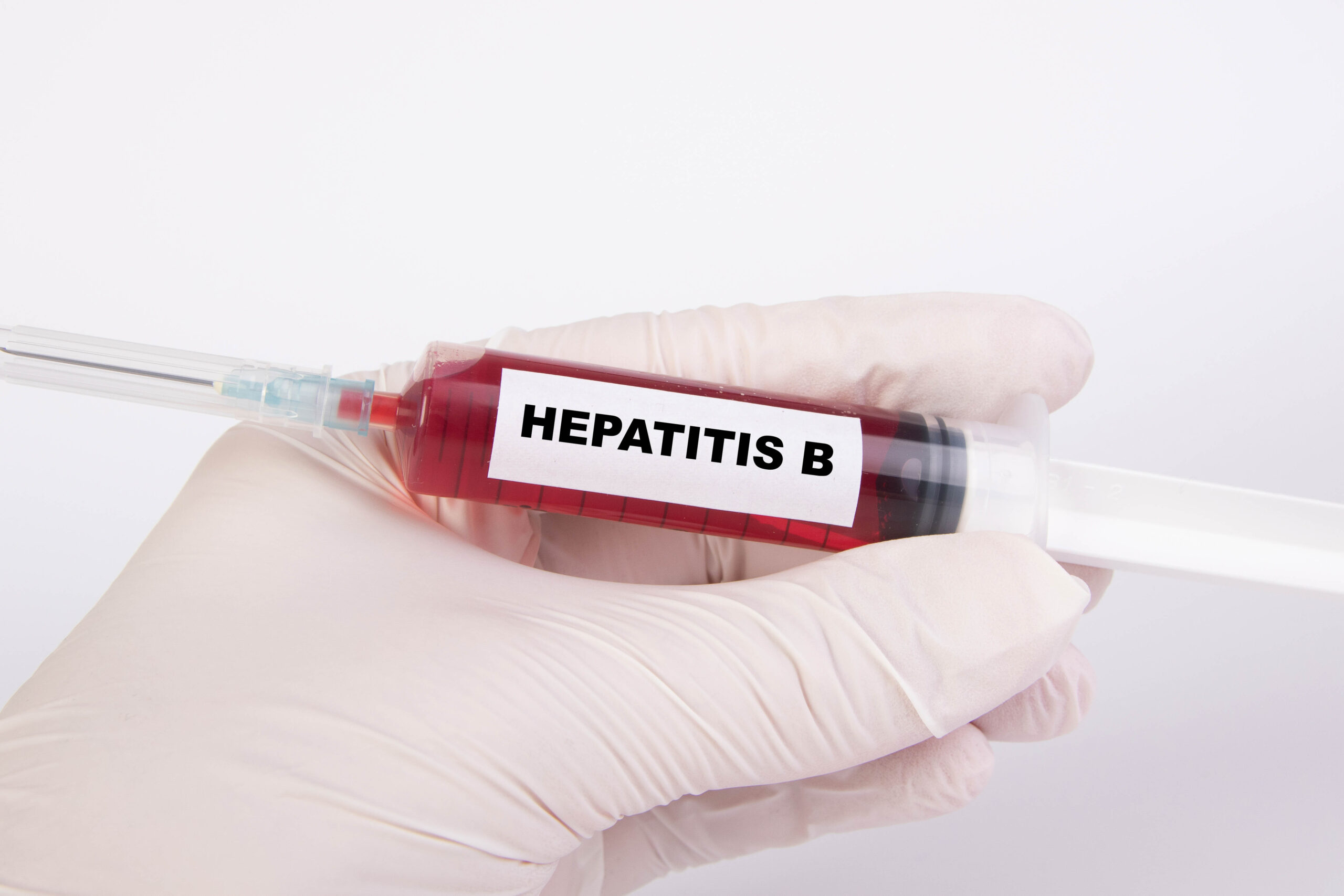Hepatitis B Virus (HBV) is a viral disease that affects the liver and can cause both acute or chronic infection. Those suffering from acute HBV typically experience only short-term symptoms, such as nausea or abdominal pain, but those with chronic infection can later develop more detrimental health issues, such as liver cancer or cirrhosis, which is the end-stage scarring of the liver. Around 270 million people worldwide are affected by chronic HBV. Patients typically need to take life-long medicinal treatments that only reduce—but do not cure—the disease.
Assembly Biosciences, Inc. and Arbutus Biopharma Corporation recently announced the start of Phase 2 clinical trials for a combination therapy method to treat patients with chronic Hepatitis B Virus (HBV) infection. Combination therapy is a method whereby two or more therapies are used together and may set a new pathway for fully curing, rather than simply remediating, chronic diseases.
Image Source: BSIP
Assembly Bio developed a capsid inhibitor, known as vebicorvir (VBR), which interferes with viral replication in HBV-infected cells. Capsids are proteins that protect the genetic material of viruses and help carry it to the nucleus of the cell where new copies of the infection can be made. VBR inhibits capsid functionality, preventing further infection from taking place. A nucleoside reverse transcriptase inhibitor (NrtI) therapy also works in combination with VBR by blocking the activity of reverse transcriptase, an essential viral enzyme that is required for the virus to replicate itself. Taking both these types of inhibitors together leads to greater suppression of HBV and limits its spread within the body.
Arbutus developed an RNA interference therapeutic, called AB-729, that targets liver cells. AB-729 inhibits viral replication as well as reduces the antigens of HBV molecules. Antigens are surface proteins that make HBV molecules infectious, so a reduction of such proteins could greatly limit the spread of the virus. In Phase 1 clinical trials, AB-729 has demonstrated positive safety data along with reduced HBV surface antigens in patients.
Phase 2 clinical trials will evaluate the triple combination therapy of VBR, AB-729, and NrtI compared to just double combinations of VBR with NrtI, or AB-729 with NrtI. Around 60 patients with chronic HBV will be enrolled in the trials, taking place over 48 weeks. The trial will assess the safety, tolerability, and effectiveness of the triple combination therapy for reducing HBV in patients.
Image Source: malerapaso
Assembly Biosciences and Arbutus Biopharma both express optimism with future results and hope to move towards FDA approval of the new treatment method. The collaborative efforts of multiple biopharmaceutical companies for developing the most effective drugs stresses the importance of cooperation in creating successful treatments. In addition, taking both VBR and NrtI alongside AB-729 explores the potential and exceptionality of multi-drug combinations that have complementary mechanisms against diseases. Combination therapies show promise towards increased response rates as well as being a functional cure for patients living with chronic viral infections. With such great potential, combination therapies could even cure HBV and similar diseases within the next decade.
Featured Image Credit: Marco Verch Professional Photographer










